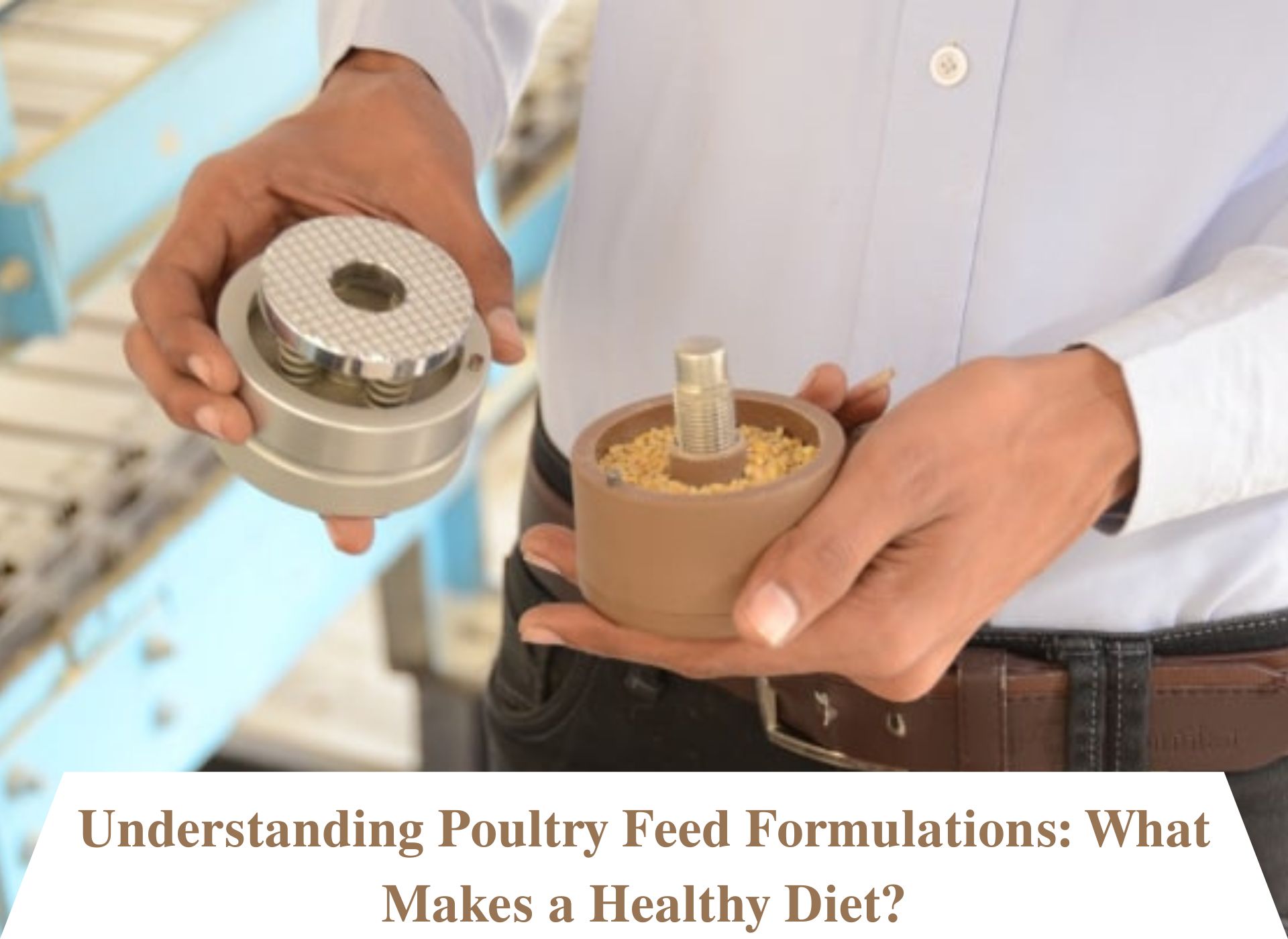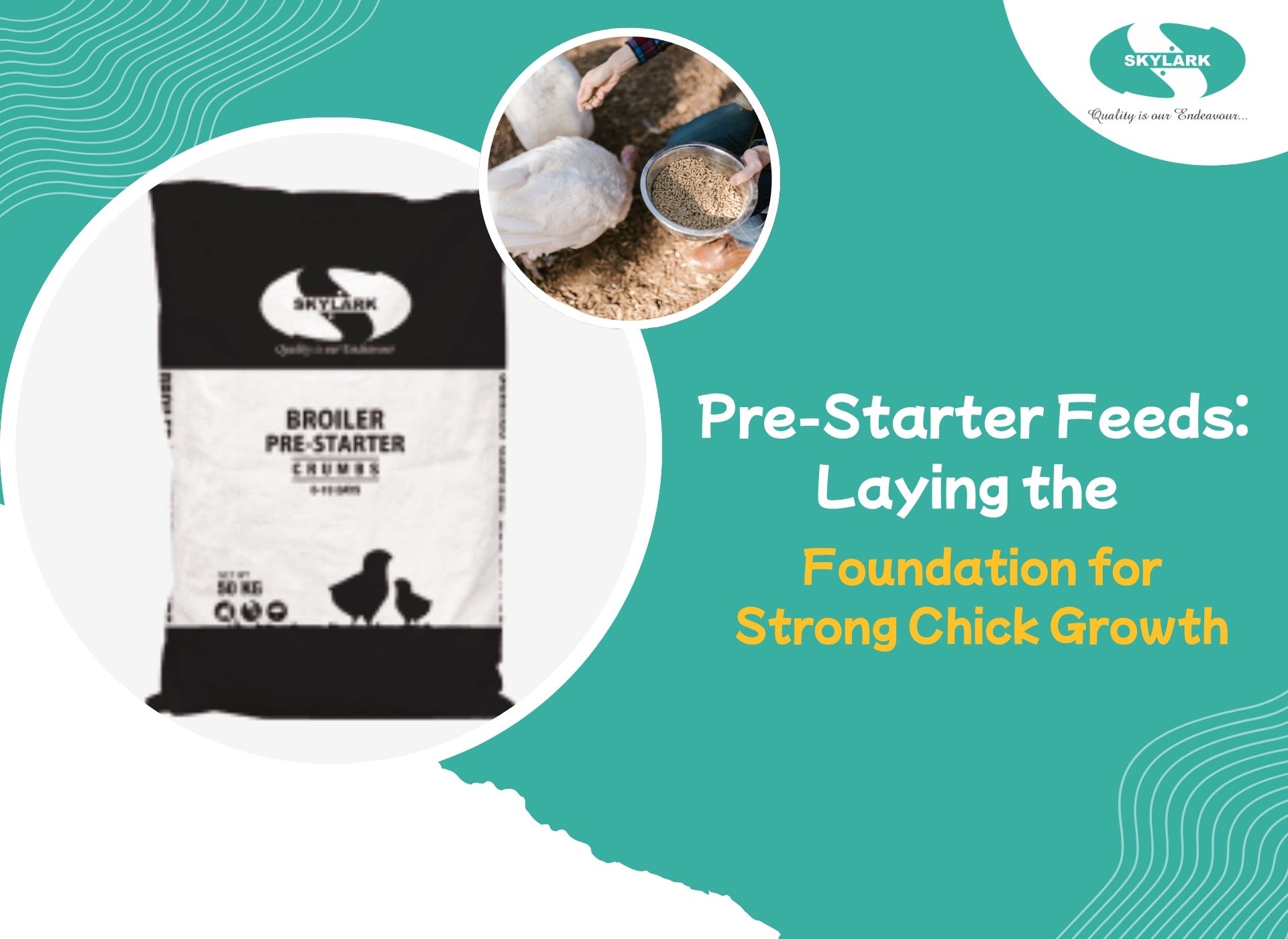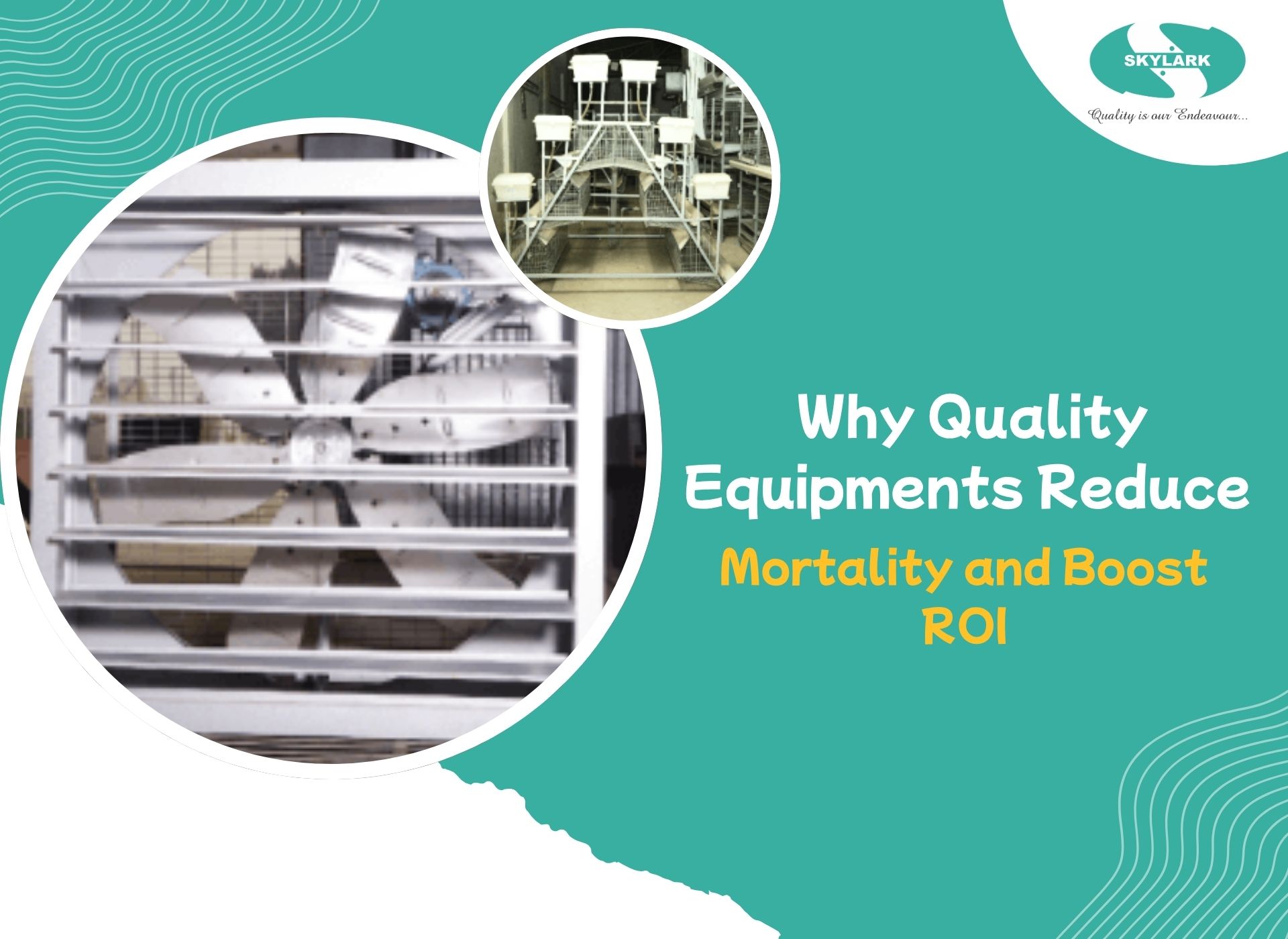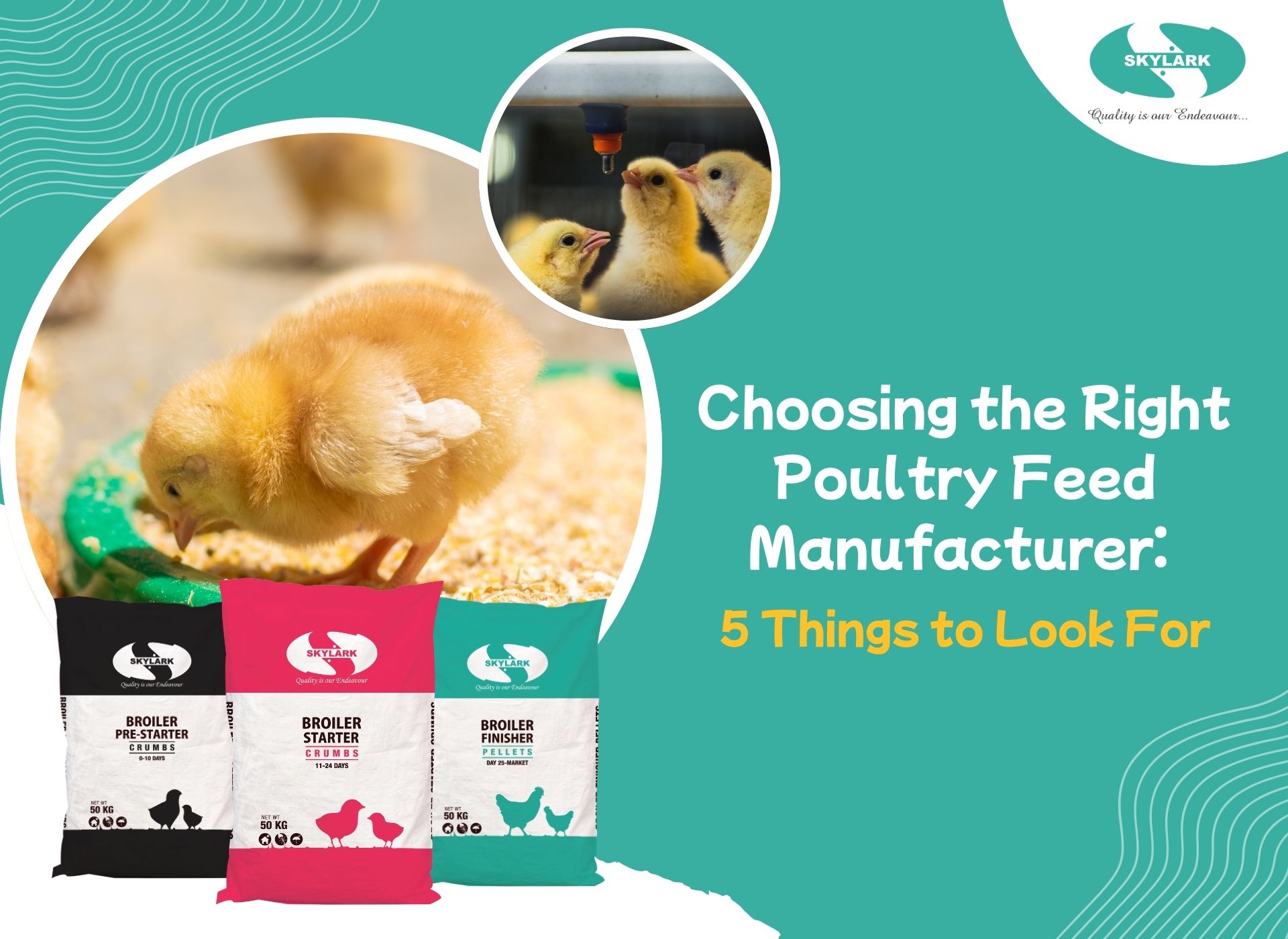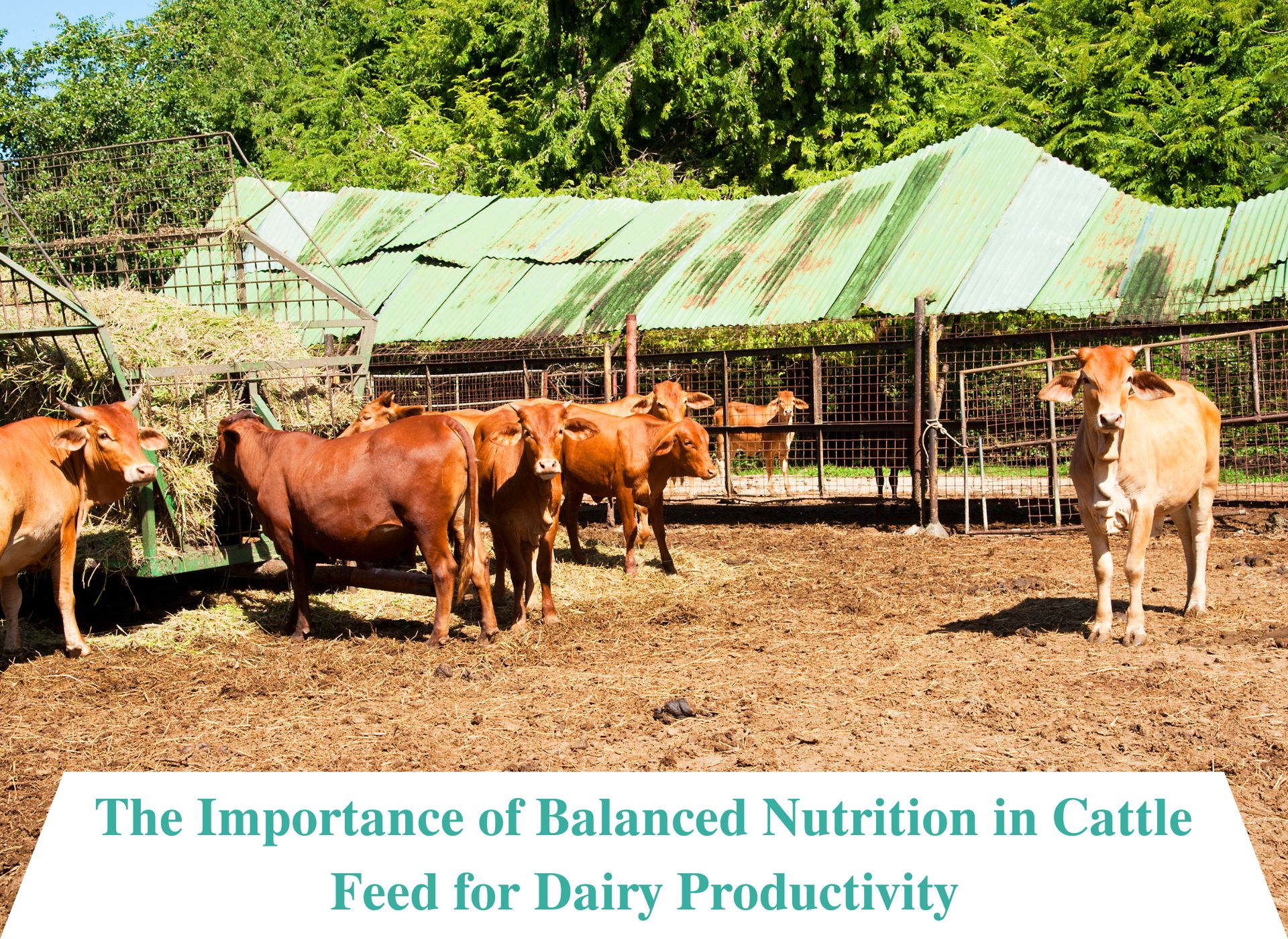In the world of poultry farming, nothing impacts bird health and productivity more than nutrition. A well-balanced diet is the foundation of successful poultry production, and that diet starts with scientifically formulated poultry feeds. But what exactly goes into these feeds? How do poultry feeds manufacturers ensure the right balance of nutrients? And how can a farm select the right poultry feed supplier for consistent performance?
In this blog, we break down the science behind poultry feed formulations, helping farmers and stakeholders understand how diet influences everything from egg quality to meat yield.
What Are Poultry Feeds?
Poultry feeds are specialized mixtures of grains, proteins, vitamins, and minerals designed to meet the nutritional needs of chickens, ducks, turkeys, and other poultry. These feeds are formulated to support different life stages—starter, grower, finisher, and layer—depending on the purpose of rearing, such as broiler meat production or egg laying.
A reliable poultry feed supplier will tailor feed compositions for each species and production goal, ensuring birds get the right balance of energy, protein, calcium, phosphorus, and essential micronutrients.
Why Feed Formulation Matters
The formulation of poultry feeds directly impacts growth rate, feed conversion ratio (FCR), immunity, egg production, and overall flock health. Poorly balanced diets can lead to:
- Stunted growth in broilers
- Thin or broken eggshells in layers
- Higher susceptibility to disease
- Increased mortality
This is why most commercial poultry farms rely on reputed poultry feeds manufacturers who use precise formulations based on animal nutrition science.
Components of an Ideal Poultry Feed
An ideal poultry feed formulation includes the following core elements:
1. Energy Sources
Carbohydrates from maize, wheat, or sorghum provide the primary energy needed for movement, growth, and productivity.
2. Proteins
Soybean meal, sunflower meal, and fish meal are protein-rich ingredients crucial for muscle development, feather growth, and egg production.
3. Fats
Oils and fats not only provide concentrated energy but also improve the palatability of feeds and aid in vitamin absorption.
4. Vitamins & Minerals
Vitamins A, D, E, K, and B-complex support immunity, bone health, and metabolism. Minerals like calcium, phosphorus, and selenium are essential for strong eggshells and skeletal development.
5. Additives
A good poultry feed supplier might also include probiotics, prebiotics, enzymes, and coccidiostats to enhance gut health and prevent disease outbreaks.
Role of Poultry Feeds Manufacturers
Poultry feeds manufacturers do more than just mix ingredients. They operate at the intersection of animal nutrition, technology, and quality control. Their responsibilities include:
- Nutritional Research: Constantly studying the dietary needs of poultry to fine-tune feed formulations.
- Ingredient Sourcing: Procuring high-quality raw materials from reliable sources to ensure consistency.
- Feed Testing: Lab analysis for nutrient composition, microbial safety, and absence of contaminants.
- Customization: Offering tailored feed solutions based on bird breed, age, climate, and production goals.
Established poultry feeds manufacturers also invest in automated plants and advanced mixing technology to maintain uniformity in every batch, which is critical for performance at scale.
Choosing the Right Poultry Feed Supplier
Your choice of poultry feed supplier can make or break your farming operation. Here are factors to consider when selecting a supplier:
1. Reputation and Experience
Look for poultry feeds manufacturers with decades of industry experience and proven performance in your region.
2. Consistency of Supply
Ensure your poultry feed supplier can deliver fresh, high-quality feed regularly without delays, especially during peak demand seasons.
3. Scientific Backing
Top suppliers will provide detailed nutritional information, trial results, and expert guidance to help you choose the right feeds.
4. Value-Added Services
Some poultry feed suppliers offer farm support, technical training, or mobile apps to track feed performance, giving you more control over your operations.
Poultry Feeds for Different Stages
Starter Feeds
Formulated with high protein content to support rapid growth in the first few weeks.
Grower Feeds
Moderate in protein and high in energy to sustain growth after the starter phase.
Finisher Feeds
Designed for broilers nearing market weight, focusing on muscle build and fat balance.
Layer Feeds
Optimized for hens in egg production, with increased calcium and phosphorus for eggshell quality and sustained laying cycles.
Your poultry feed supplier should guide you on when to switch feed types and how to manage the transition smoothly to avoid stress on the birds.
The Impact of Feed Quality on Farm Economics
High-quality poultry feeds might seem expensive up front, but they pay off in the long run through:
- Faster growth rates
- Better feed conversion
- Fewer health issues
- Higher egg yield
- Improved meat quality
Substandard feeds, on the other hand, often result in more vet visits, lower performance, and higher mortality—all of which reduce profitability.
That’s why smart farmers invest in feed from trusted poultry feeds manufacturers who understand both nutrition and economics.
Future of Poultry Feeds: Innovations to Watch
The world of poultry feeds is constantly evolving. Manufacturers are exploring:
- Insect-based proteins for sustainability
- Precision nutrition using AI and real-time data
- Functional feeds that boost immunity and reduce antibiotic use
- Eco-friendly additives that reduce environmental impact
Forward-thinking poultry feeds manufacturers are not only meeting today’s needs but also building a more resilient, efficient poultry industry for tomorrow.
Conclusion
A healthy diet is the cornerstone of a successful poultry farm, and it all begins with quality poultry feeds. Whether you’re raising broilers for meat or layers for eggs, the role of poultry feeds manufacturers and a dependable poultry feed supplier cannot be overstated.
Understanding the basics of feed formulation, choosing the right supplier, and monitoring your flock’s response to feed are essential steps toward better productivity and profitability. In a competitive market, the right feed makes all

